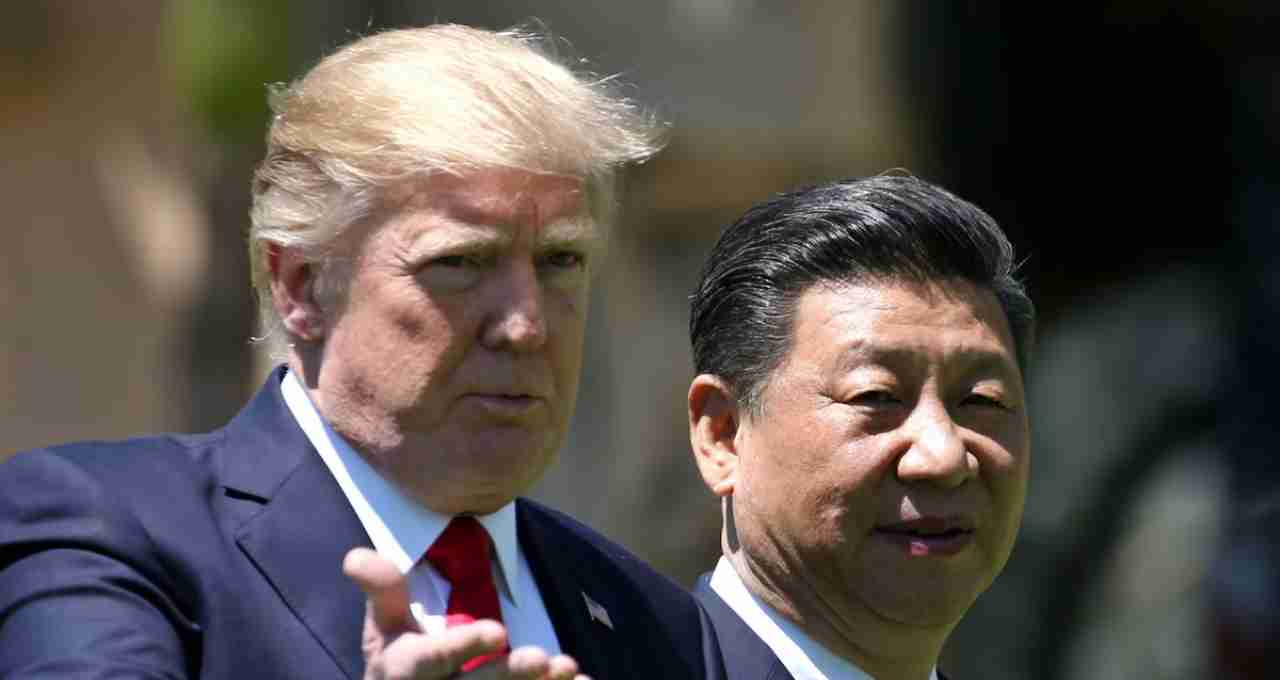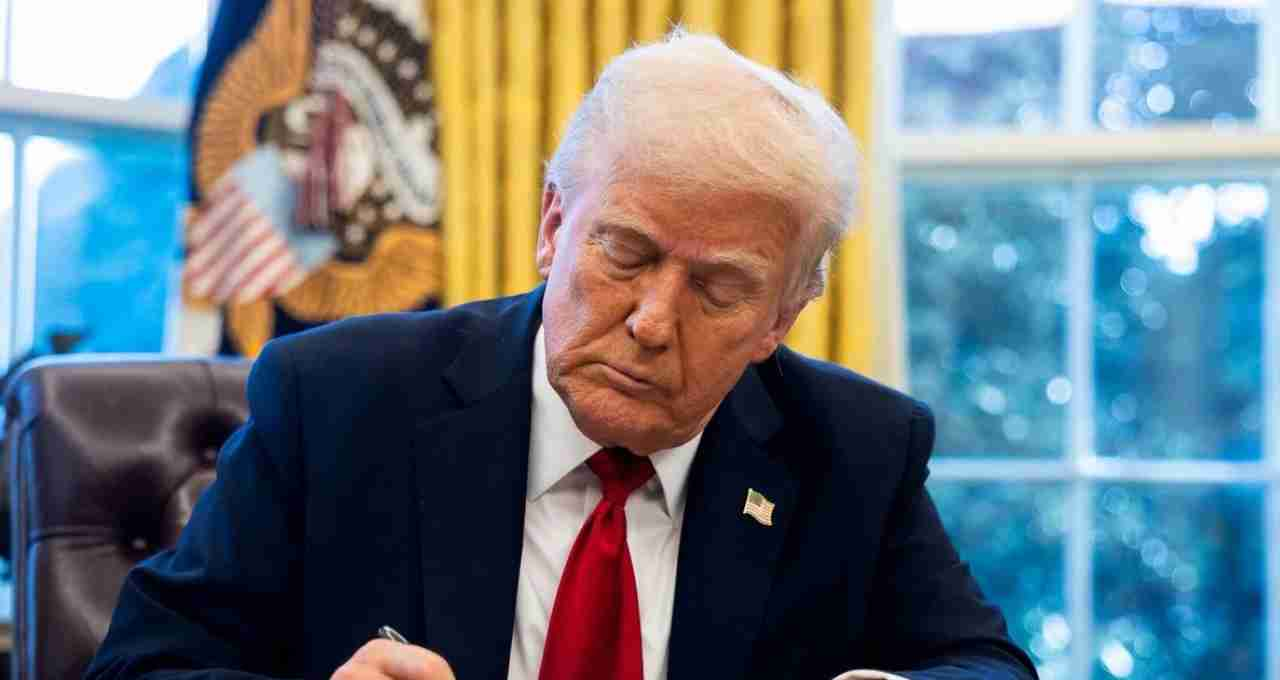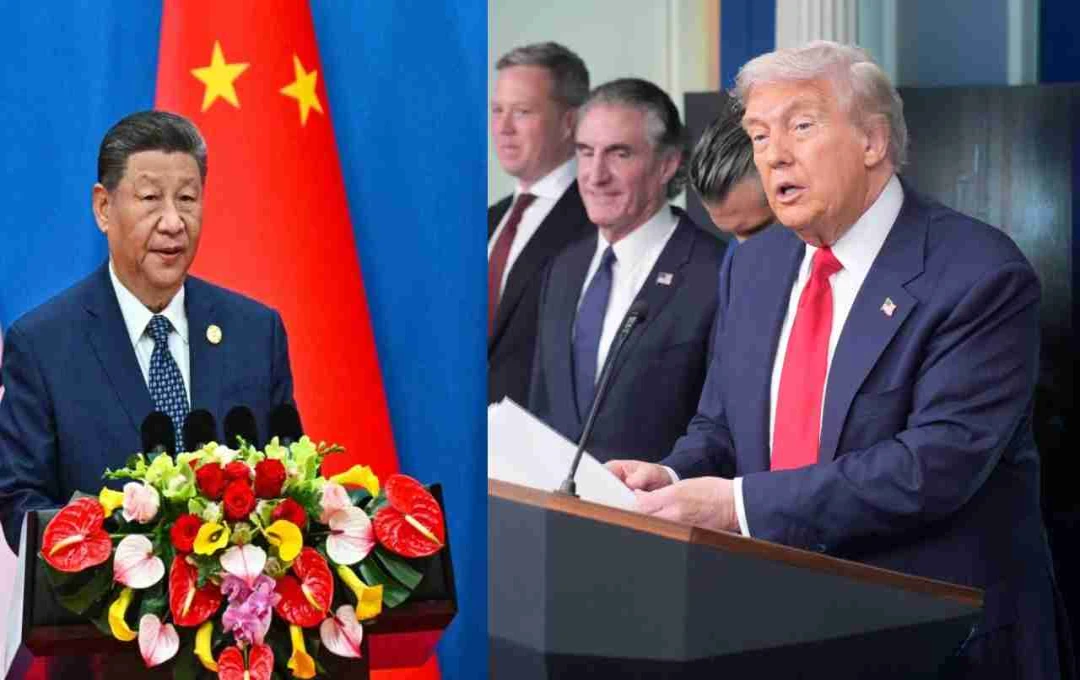U.S. President Donald Trump Grants 90-Day Tariff Relief to China, Calls Xi Jinping a Good Friend. The decision is expected to avert an economic clash between the two countries.
Trump Tariff: On Monday, August 11, 2025, U.S. President Donald Trump announced a 90-day tariff reprieve for China. This decision aims to temporarily ease the escalating trade tensions between China and the United States. Trump announced via a post on his social media platform, Truth Social, that he had signed an executive order for a tariff extension for China. Trump also stated that all other terms of the agreement would remain the same.
Trump's Statement on Relations with Xi Jinping
During this time, Trump referred to Chinese President Xi Jinping as a "good friend" and said that China is behaving very well at the moment. His statement suggests that the diplomatic environment between the two countries may be improving. There is speculation that Trump and Xi Jinping may meet later this year, which could further strengthen relations between the two countries.

Reaction of American Companies
American companies doing business with China have welcomed the decision. They believe that this 90-day tariff pause will provide them with relief from trade uncertainties. This will give companies the opportunity to expand their businesses in China and develop long-term plans.
Hopes for Averting a Major Crisis
The deadline for the new tariffs on China was set to expire at 12:01 AM on Tuesday. If this exemption had not been granted, the U.S. could have imposed an additional tax of more than 30% on Chinese imports. In response, China could have taken a tough stance by imposing higher duties on U.S. exports. Such a move could have triggered an economic clash between the two countries. However, this 90-day reprieve is giving both sides time to resolve the dispute.
The U.S.-China Business Council's Opinion
Sean Stein, President of the U.S.-China Business Council, said that this tariff relief provides both governments with valuable time to negotiate a permanent trade agreement. According to him, this step will not only reduce current tensions but also provide stability to trade relations in the future.

Recent Trade Agreements
In June 2025, the U.S. and China reached an agreement to reduce mutual tensions. Under this, the U.S. decided to remove export restrictions on computer chip technology and ethane used in petrochemical production. In return, China agreed to make access to rare earth minerals easier for American companies.
Previous Aversions of Conflict
In May 2025, both countries also averted a potential economic crisis by reducing heavy tariffs on each other's products. At that time, U.S. duties for China had reached 145% and Chinese duties for the U.S. had reached 125%. At a meeting in Geneva, both sides decided to reduce tariffs and continue negotiations, after which U.S. duties were reduced to 30% and Chinese duties to 10%.










